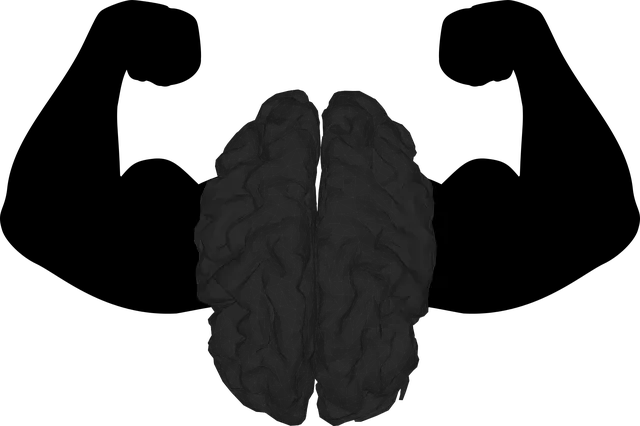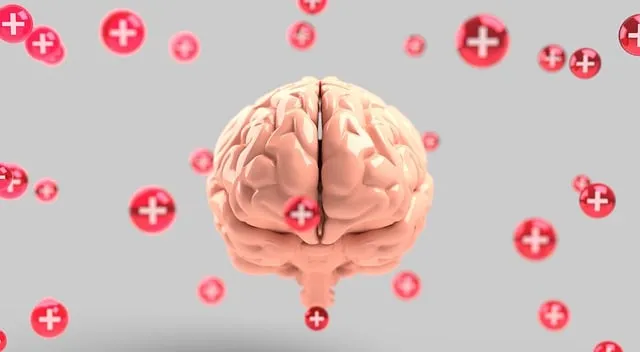The Kaiser Permanente Mental Health Access Center in Lone Tree is a leading provider of comprehensive mental health services, addressing critical gaps in accessibility, especially in suburban areas. By offering tailored programs from trauma support to education, the center fosters awareness, strengthens communities, and promotes well-being through innovative solutions like centralized counseling and advanced risk management. Their holistic approach focuses on empowerment, resilience, and informed decision-making, enhancing overall mental healthcare and well-being.
Mental health advocacy initiatives play a pivotal role in fostering inclusive communities and ensuring equitable access to care. As the demand for mental wellness services grows, understanding and addressing barriers to treatment become increasingly critical. This article explores these initiatives, focusing on the Kaiser Permanente Mental Health Access Center Lone Tree as a successful model program. We delve into effective strategies employed by advocacy groups and analyze their profound impact on improving mental health outcomes. By examining these approaches, we can identify best practices for amplifying mental health awareness and accessibility.
- Understanding the Need for Mental Health Advocacy Initiatives
- Kaiser Permanente Mental Health Access Center Lone Tree: A Model Program
- Strategies and Impact of Effective Mental Health Advocacy Programs
Understanding the Need for Mental Health Advocacy Initiatives

In today’s fast-paced world, understanding the profound impact of mental health issues on individuals and communities is more crucial than ever. Initiatives like the Kaiser Permanente Mental Health Access Center in Lone Tree are pioneering efforts to address this growing concern. By providing a range of services, from Trauma Support Services to Mental Health Education Programs designed for diverse populations, these centers serve as vital hubs for fostering Mental Health Awareness and promoting well-being.
The need for advocacy is evident in the increasing prevalence of mental health disorders, often exacerbated by the stress of daily life and societal pressures. Through comprehensive programs and accessible resources, such as those offered at the Kaiser Permanente center, communities are empowered to recognize, support, and recover from mental health challenges. This holistic approach not only enhances individual resilience but also strengthens the social fabric by fostering a culture that values and prioritizes mental well-being for all.
Kaiser Permanente Mental Health Access Center Lone Tree: A Model Program

The Kaiser Permanente Mental Health Access Center in Lone Tree stands as a shining example of innovative and comprehensive mental health care. This program has successfully addressed critical gaps in access to psychological services, particularly in suburban areas where resources are often scarce. By establishing a centralized hub, it ensures that local communities have easier access to professional counseling, therapy, and support groups. The center’s design focuses on creating a welcoming and non-stigmatizing environment, encouraging individuals to prioritize their emotional well-being without the usual barriers of cost or geographic inconvenience.
This initiative incorporates advanced risk management planning for mental health professionals, ensuring safe and effective practices. It prioritizes not just crisis intervention but also promotes ongoing emotional healing processes through various therapeutic approaches. By fostering a positive thinking mindset, the program empowers individuals to take control of their mental health and cultivate resilience in their daily lives.
Strategies and Impact of Effective Mental Health Advocacy Programs

Effective mental health advocacy initiatives, such as those offered at the Kaiser Permanente Mental Health Access Center in Lone Tree, employ a multifaceted approach to address the complex nature of mental health challenges. These programs prioritize communication strategies that foster open dialogue and understanding between individuals, their support systems, and healthcare providers. By encouraging self-expression and active listening, these initiatives aim to break down barriers and promote informed decision-making regarding mental health care.
Moreover, they integrate inner strength development techniques designed to equip participants with the resilience needed to navigate life’s challenges. Through activities that foster self-awareness, emotional regulation, and problem-solving skills, individuals build coping mechanisms that enhance their overall well-being. Additionally, conflict resolution techniques are taught to help individuals manage interpersonal conflicts in healthy ways, thereby reducing stress and improving relationships. These strategies collectively contribute to a more empowered and supportive environment where mental health advocacy can truly make a difference.
Mental health advocacy initiatives, as demonstrated by the successful Kaiser Permanente Mental Health Access Center in Lone Tree, play a pivotal role in shaping supportive communities. By providing accessible resources and vocal support, these programs significantly improve mental wellness outcomes. Incorporating strategies that cater to diverse needs ensures effectiveness, fostering an environment where individuals can openly seek help without stigma. The impact of such initiatives extends far beyond individual recovery; they contribute to a healthier, more resilient society.






